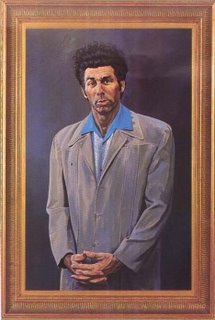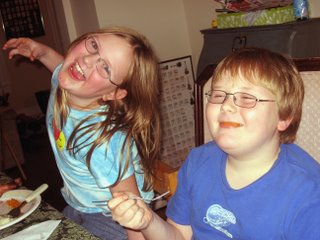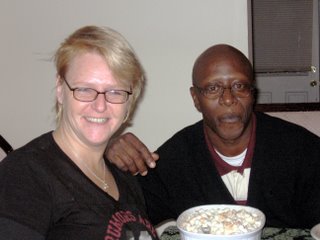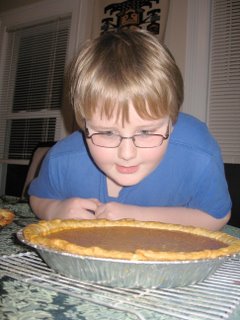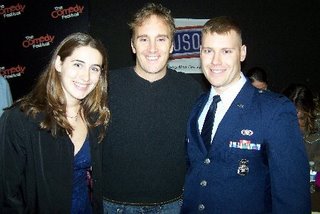Spritzing
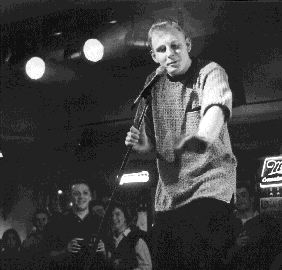
I think I'll finish up my series on stand-up by answering a few questions from the ol' mailbag:
Colleen asks:
so why don't you give it a go again?
I get asked this a lot. The short answer is: Because I don't want to.
I know, it's too short.
The medium-long answer is: Because I don't want to invest the time necessary to achieve success in the business, especially when the short-term financial prospects are so low. And there's this: I'm the custodial parent of two kids, and being there for them is far more important to me than any success in stand-up. I would have to sacrifice that relationship to pursue this dream. Doing this 'part-time' at open mike nights holds no appeal. Been there, done that, inhaled the second-hand smoke.
Jessica asks:
Do comedians watch a lot of other comedians? Does it get old/formulaic to see so much standup?
Yes, and yes. Once you achieve even the miniscule amount of success that I had, every comic's a teacher, even if he or she teaches you what not to do. And I can't not do it. Every standup I see, I dissect in some way. I'm noticing how well Dennis Leary uses his body. How Bill Cosby can essentially tell the same joke three times in a row and get huge laughs each time. How Chris Rock uses lulls to accentuate jokes. How Dana Gould can weave three seemingly disparate, random subjects--each funny in its own way--into one mega-punchline at the end of his act.
As far as getting old...well, standup is predicated on the assumption that you're only going to see any given act once. At least, only once in a great while. You'd be surprised at how many of the acts--even the ones where the comic appears to be making almost the entire thing up onstage--are merely one-person, one-act plays. Even the 'mistakes,' which the comic seemed to be able to work his way out of with quick thinking, were staged.
One guy I worked with finished by making balloon animals. He made one, and handed it to an audience member. The next one he made popped in his hands, but part of it remained inflated, and it looked just like a cock and balls! Oops! Huge laughs! He hands it to a girl "Here!" he said in improvisational glee, "tastes just like chicken!"
He did that bit, and every other part of his act, with clocklike precision. All seven shows that weekend. And he would do it again next weekend. And the weekend after that. And countless weekends before that, as well.
A year or two ago, I saw a friend of mine who was just starting to tour nationally come back into town for a show. I hadn't seen his act in more than a decade. Much of it was still the same.
To go back to Colleens question, this was another reason that I don't want to do standup any more. If I'm going to do the same thing over and over again for a living, I'll work in a call center.
To be fair, not all comics are that way. But you'd be surprised at how many are. Does anyone remember Sam Kinison? He was a clockwork comic too. One of my favorite acts is a guy named Steve Briscoe. He's just a guy who told stories. He has a seemingly inexhaustible number of them, and he never tells them the same way twice. He just goes up and talks to the audience, allowing them to talk back, and would weave the stories in. Paula Poundstone is the same way. If I ever got back into it, that would be the route I'd take
Åsa writes:
I thought that was part of the game: the stand-up might find someone in the audience to heckle.
A little terminology here would be appropriate: When a comedian interacts with the crowd, it's called spritzing. If the comedian is actively berating members of the crowd, he's an insult comic. When an audience member takes it upon him-or-herself to disrupt the comedian in some way, that's heckling.
Briscoe, the guy I mentioned above is a classic shpritzer. So's Poundstone. It's a rare talent. They can pretty much take whatever's given them and work it into their act. It takes a tremendous amount of concetration to do this. You have to really be present in the situation to be able to pull it off. Plus, your hearing has to be above average. You can't do this if every other word out of your mouth is "What?"
Insult comics, ironicallly enough, are oftentimes clockwork. Many of them have huge mental libraries of putdowns and characterizations. They then scan the audience, and find the people in the crowd that best fit the stereotype. That guy's a drunk, this guy's a dumb jock, that girl's a slut, et c. Whatever the person says or does, he or she gets interrupted with an insult reinforcing the stereotype. Again, the material doesn't have to be new--it just has to be new to that audience
Hecklers are just obnoxious assholes who interrupt the act. Sometimes they're drunk. Sometimes they just don't think you're funny. Sometimes they think they're funnier than you are. Sometimes all three. 'nuff said.
Guy Wonders adds:
I can only imagine the stories you must have about your experience there. . . .
Most of my stories would involve sitting around working out material, or pacing around nervously before going onstage, or drinking. For every moment worth a story, there were hours of Not Much. If you'd like to get an idealized version of life on the road for a struggling standup, read True Story, by Bill Maher. It's an easy read, and it gives you an excellent idea of the life of a standup comedian, with the added benefit of being entertaining, because it's fiction.
I gotta go! You've been a great audience! Try your waitress! Tip the veal! Goodnight now!
yeharr

